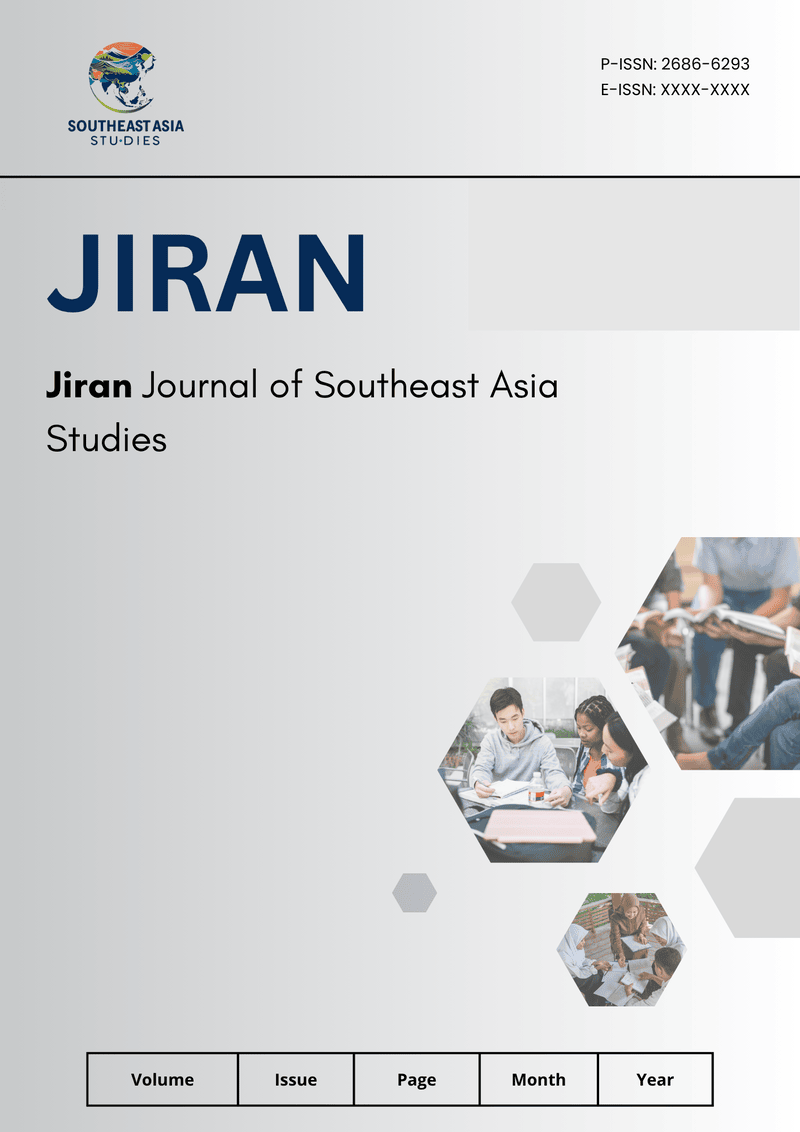Traditional Fishermen’s Mantras in Whale Hunting Rituals of Lamalera, Lembata Regency: An Ethnolinguistic Study
Keywords:
Ethnolinguistics, Ritual Language, Mantra, Lamalera, Whale Hunting, Oral Tradition, Cultural IdentityAbstract
This study explores the linguistic and cultural functions of traditional mantras used by the Lamalera fishing community in Eastern Indonesia during whale hunting rituals. Employing a qualitative approach grounded in linguistic ethnography, the research investigates how these ritual utterances encode cosmological beliefs, enact social roles, and sustain community identity. Data were collected through in depth interviews, participant observation, and documentation of oral texts, followed by thematic and structural analysis. Findings reveal that the mantras fall into four functional categories opening, summoning, protective, and thanksgiving each closely tied to specific stages of the ritual. Linguistically, the mantras exhibit formulaic features such as repetition, parallelism, and sacred lexicon, serving both mnemonic and performative purposes. Culturally, these utterances act as symbolic bridges between the living and the ancestral, embedding ecological knowledge and moral codes within poetic structures. However, the research also highlights a concerning decline in intergenerational transmission, exacerbated by modernization and lack of institutional preservation.
This study contributes to the fields of ethnolinguistics and linguistic anthropology by illustrating how ritual language functions as both sacred speech and a repository of indigenous knowledge. It calls for urgent documentation and revitalization efforts to safeguard the linguistic heritage of maritime communities like Lamalera.










